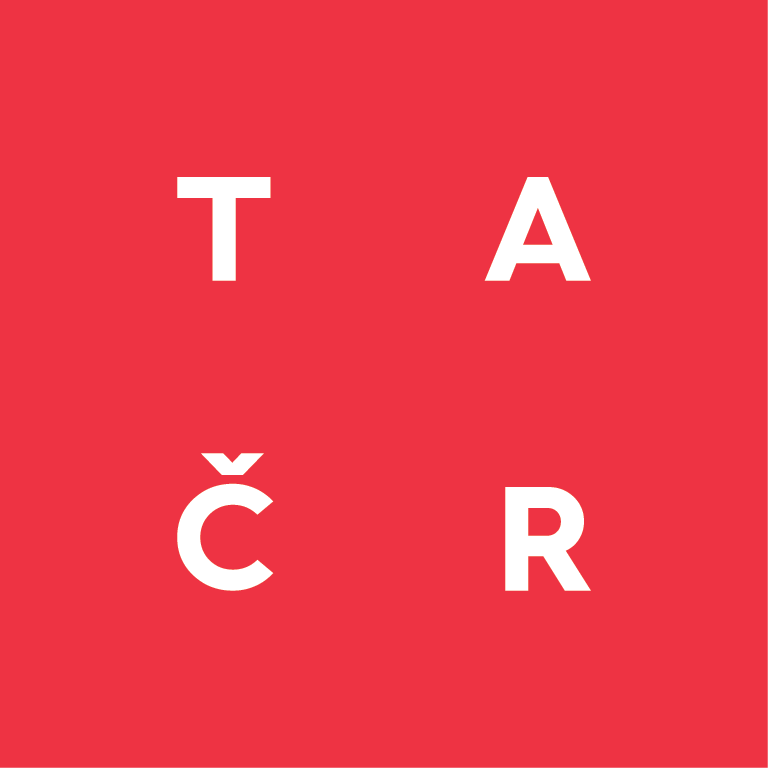The EAN phenomenon (abuse, neglect and maltreatment of the older persons) in the context of social services in the Czech Republic: innovations in detection, prevention and care (FEANCI)
The project is a search for direct answers to the current and expected challenges inherent in the process of demographic and social changes in society, especially the increase in the proportion and number of older people. The abuse, mistreatment and neglect of older people is a serious problem, straddling the line between individual suffering and societal trauma, affecting fundamental human rights. It contains both a reflection of the biologically conditioned changes in older age that increase the fragility of older victims (or persons “at risk”) and the (in)functionality of (early) detection mechanisms and support systems to address these incidents. The project is interdisciplinary, using sociological, socio-political and anthropological-ethnographic paradigms with overlaps into the field of gender studies. It brings innovative ways to remediate this problem by recognizing the hierarchical sets of causes of these phenomena, and finding innovative ways to detect incidents and care for victims and (potentially) violent persons.
The theme is closely aligned with SGDs 3, 5, 8, 10 and 17.
The project is organised in the following work packages:
WP1: online questionnaire survey among residential care staff staff;
WP2: focus groups with managerial staff;
WP3: analysis of reported EAN cases;
WP4: qualitative interviews witholder people (or proxy) and experimental method of drawing drawings;
WP5: adaptation of the Social Return on Investment (SROI) method – estimating the social and economic burden of the EAN phenomenon and its impact on public finances and service funding;
WP6: desk-research mapping and description of the legislative and ethical framework of rights of older people, examples of inspiring practice;
WP7: analysis of media content related to published EAN cases in residential care – description of the public image of EAN in the context of the human rights agenda;
WP8: triangulation of multi-source data;
WP9: publication, dissemination, communication, management.
Poster Mistreatment of the elderly (EAN). Types – Symptoms – Interventions. (only in CZE)
VI. Ostrava conference of palliative care. 14 March 2025
Presentation Mistreatment of the elderly in community and institutional care: New evidence of a complex problem. Lucie Vidovicová
Project presentation in the media
ŠVIHEL, Petr. A survey in senior homes showed who torments them most often. It’s not the family. Seznam zprávy, 6 May 2025. (only in CZE)
Lucie VIDOVIĆOVÁ as a guest on Czech Television’s program the 90’. 20 June 2025. (only in CZE)
SUROVCOVÁ, Lea & Martin DONÁT. Almost a third of seniors face violence from loved ones, a survey shows. Události ČT, 20 June 2025. (only in CZE)
 |
 |
